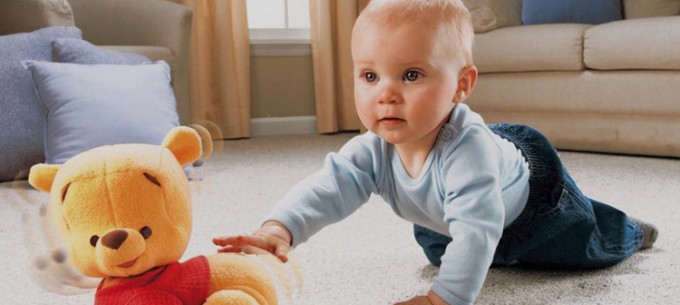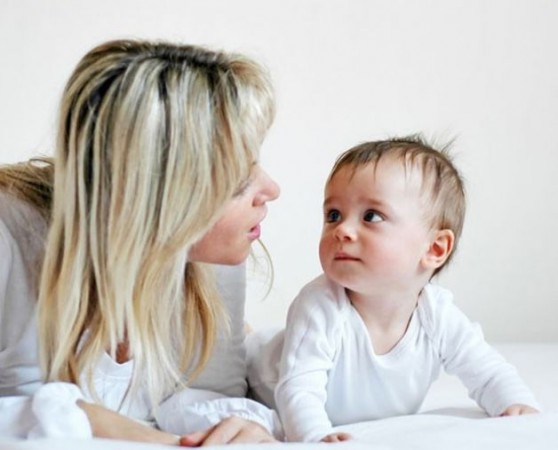What do newborns think?

When the child is born, his external world is also born with him, as if his person and the reality with which he comes into contact with were one and then they come to distinguish themselves slowly during development. From birth, infants experience sensations that stimulate their reactions, but until they learn to speak is a mystery for parents to know what they think.
Children do not think like adults, as their minds are developing up to the age of six: 90% of neuronal connections are produced before the age of three, the remaining 10% between three and six.
Early thoughts
Children think right from the moment they are born. Before the age of 7, children have a type of thought that follows their representation of reality and themselves. These are representations that we could define as "primitive" precisely because they belong to the first years of human life.
The individual phases
The first thoughts, called "protopensiers", are based on sensations, because infants are not able to realize everything they perceive in the form of words or images. The child's mind is sensitive to his or her surroundings, but he or she is unconscious, he or she cannot reason or memorize as an adult. The first ideas that pass through the head of the child are linked to bodily experiences: hunger, cold, rest, sleep.
- From the fourth month, the child starts to be aware of his or her body's abilities and learns how to use them. His interest in movements gives rise to cognitive development and as he discovers the world, his experiences increase.
- Between four and five months he learns about cause-effect relations. In short, his mind is like a real sponge, it absorbs everything it can.
- Between six and seven months, she begins to develop her memory and pays attention to the result of her actions. Start associating certain activities with pleasant or unpleasant sensations.
- From the year of your life, you will acquire the ability to speak. As he expands his language, neuronal connections between words and objects are created. He begins to investigate cause-effect relations. He throws objects to the ground over and over again to observe how they fall and shakes the sonnet to hear what noise it makes; these are behaviors that determine an already known action and repeats them to make sure that the same thing always happens.
- Around a year and a half he begins to associate objects with a word, for example dogs are "bau-bau", and begins to play imitating the behavior he observes, for example puts the teddy bear to sleep. In this phase the child attributes an animated life to the inanimate objects on the model of his experience and to develop the value of solidarity and shows empathy towards others.
- From the age of three he is aware of some basic rules and executes orders. Its reasoning is analogical (it goes from the particular to the particular) and is still neither deductive (from the general to the particular) nor inductive (from the particular to the general).
- Between the ages of five and six, children have a similar capacity for reasoning to adults.
Lucia Franco
Why it is important to crawl
Infants discover the world around them through crawling and learn about basic concepts related to space, as they increase limb coordination and "proprioception" which indicates the ability to perceive the position of their body in space and the..
ReadOur children's first word? Mom or Dad?
A subject that arouses a lot of curiosity if we really want to say it all, but beware do not get strange ideas! Know that your little one's choice to say one word first over another is pure..
Read

